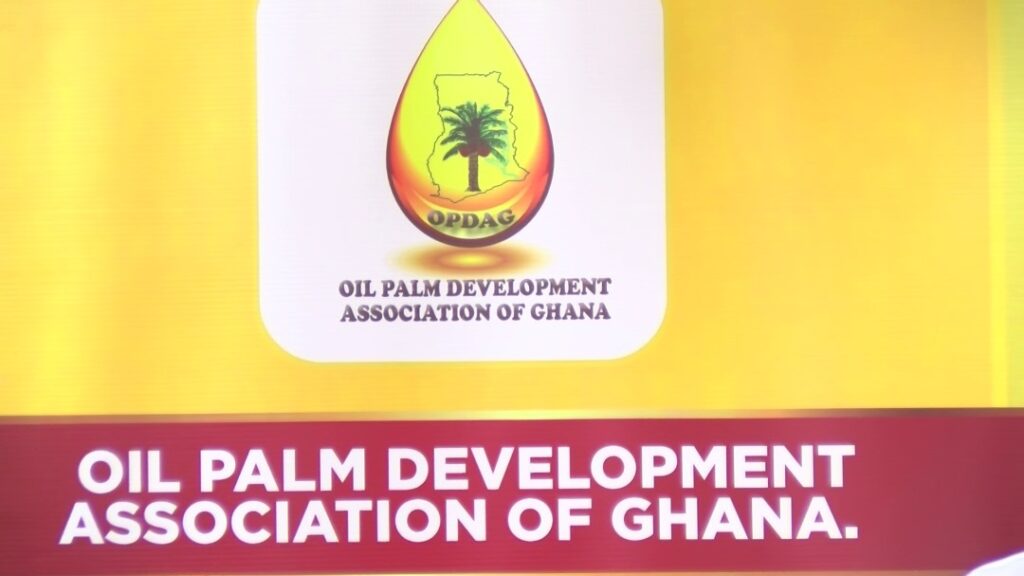The Oil Palm Development Association of Ghana (OPDAG) has sounded the alarm over the growing influx of smuggled and substandard vegetable oils into the country, warning that the illegal trade is endangering Ghana’s edible oil industry and threatening the livelihoods of more than 1.2 million citizens.
Speaking at a media engagement in Accra, OPDAG President Paul Kwabena Amaning described the situation as a national crisis that demands urgent action from government, regulators, and law enforcement agencies.
“This is not just an industry problem. This is a national threat,” Mr. Amaning said. “If we do not act swiftly, we risk collapsing local businesses, losing thousands of jobs, and forfeiting millions in revenue.”

Ghana currently produces around 300,000 metric tonnes of crude palm oil annually, while the national demand exceeds 400,000 metric tonnes, leaving an annual shortfall of about 100,000 metric tonnes.
OPDAG said the deficit has created a fertile ground for smugglers to flood local markets with unsafe and poor-quality vegetable oils.
“These illegal products not only undermine local producers but also pose serious health risks to consumers,” Mr. Amaning warned.
The media event followed a stakeholder meeting convened by the Tree Crop Development Authority (TCDA) and its Chief Executive Officer, Dr. Andrew Osei Okrah, which brought together regulators, security agencies, and industry players to discuss strategies for tackling the crisis.
Dr. Okrah proposed several reforms, including the introduction of traceability systems to monitor oil movement from refineries to retailers, mandatory registration of transporters and distributors under TCDA supervision, and stronger collaboration among the Food and Drugs Authority, Ghana Standards Authority, Customs, and National Security.
He also called for stricter penalties, including prosecution and custodial sentences for offenders.
OPDAG expressed full support for these measures and pledged to work closely with TCDA and other agencies to ensure their effective implementation.

Highlighting the economic importance of the oil palm sector, which supports over 1.2 million Ghanaians, Mr. Amaning cautioned that unchecked smuggling could destroy the entire value chain.
“We cannot allow smuggled oil to destroy the gains made in the local industry,” he emphasized. “We are calling on government to provide the needed logistics and support to regulatory bodies to clamp down on these operations.”
OPDAG also appealed to the media to intensify public education and expose illegal operations while encouraging consumers to patronize certified, locally produced oils.
“This is a shared responsibility,” Mr. Amaning concluded. “If we act together—government, industry, media, and the public—we can protect Ghana’s edible oil market, sustain jobs, and secure the livelihoods of over a million citizens who depend on this vital sector.”
Source: Adomonline
ALSO READ:


